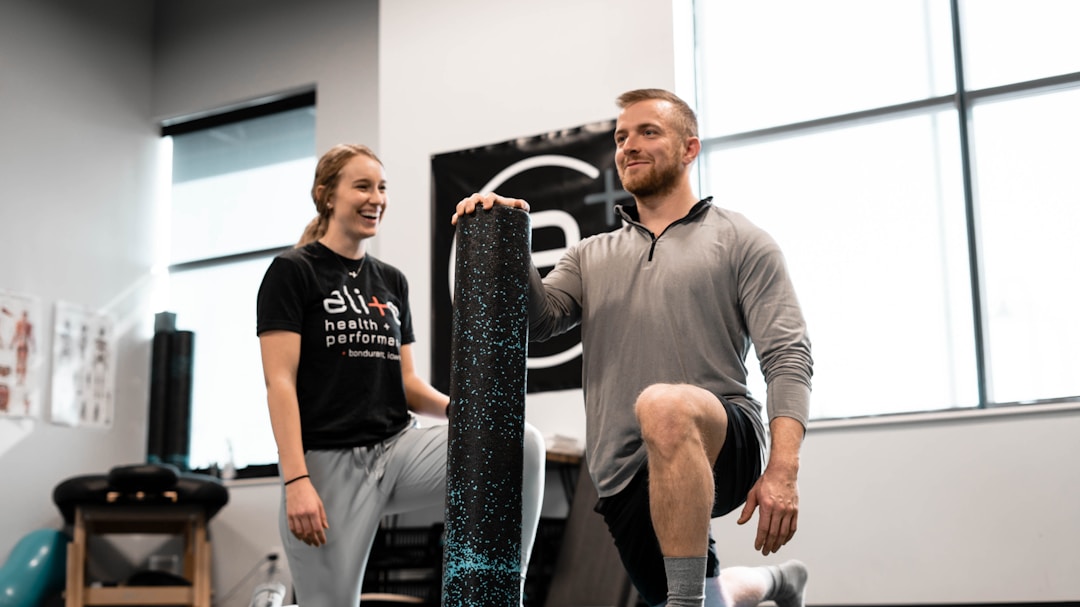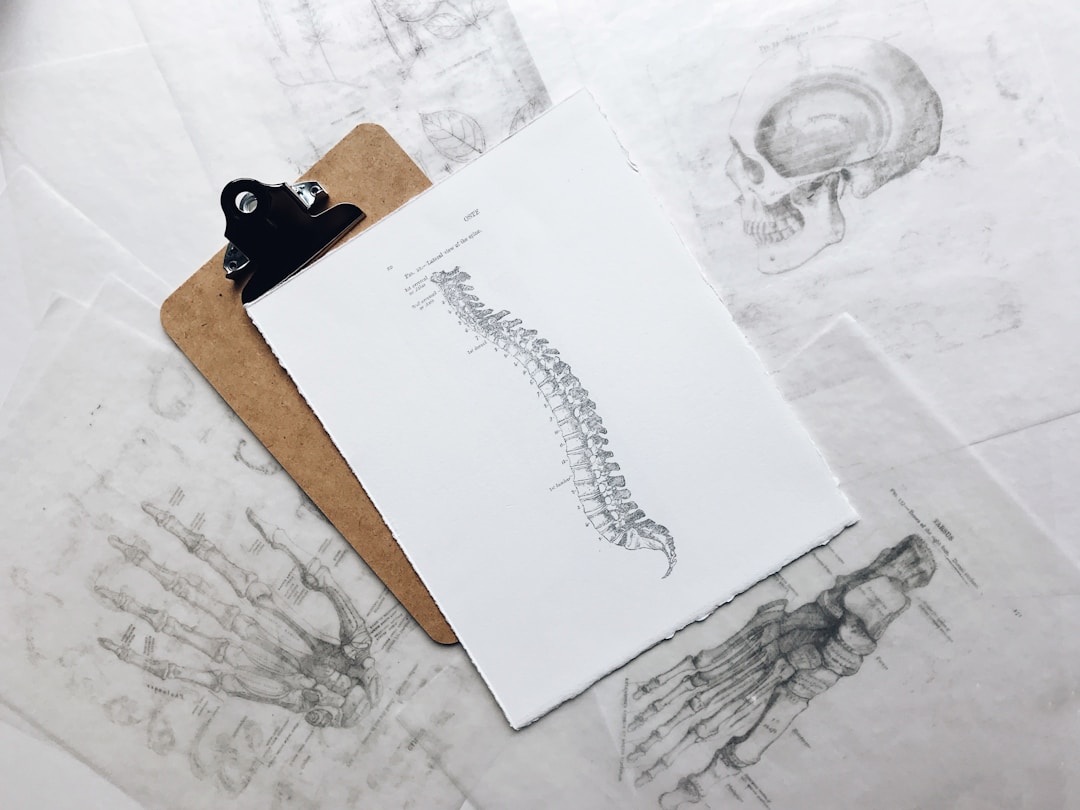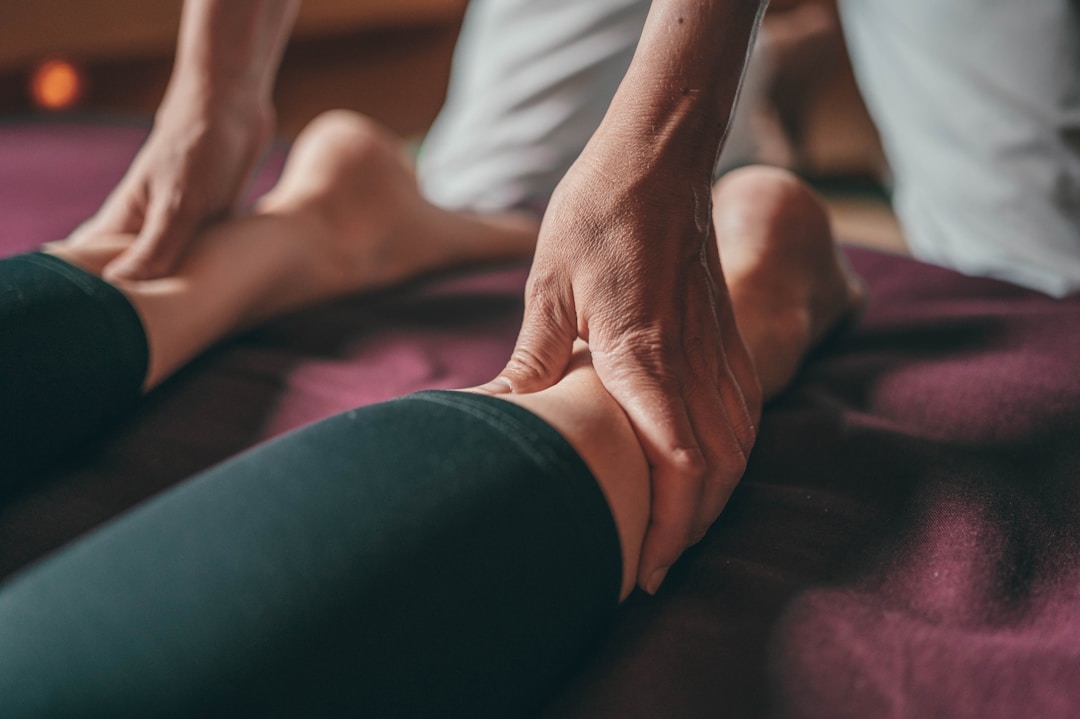When preparing to have a surgical procedure, it’s a good idea to learn what you can do to have a faster recovery and resume your daily activities. Recovering from surgery is a straightforward process in which you follow the prescribed treatment plan given by your doctor. No matter what type of surgery you are having, these tips can help you experience a shorter recovery time.
Get moving.

Studies have shown that patients who lead an active lifestyle in the six weeks leading up to surgery regain mobility within three days of the knee or hip replacements. You’re also more likely to skip the need for inpatient rehabilitation if you are a physically active person. Following a no or low-impact exercise program such as swimming or taking short walks can help alleviate stiffness and encourage blood flow.
The chronic pain that comes with arthritis both hinders your range of motion and disrupts your quality of life. When nonsurgical treatment options such as pain medicine or physical therapy don’t alleviate joint pain, you may consider joint replacement. Millions of Americans suffer from arthritis-related knee, hip, ankle, and shoulder joint pain. The joint replacement specialists at DOC Orthopaedics and Sports Medicine specialize in total joint replacement surgeries using the latest technology. The joint replacement center offers knee replacement, hip replacement, ankle, and shoulder replacement.
Keep your follow-up appointments.

The key to a shorter recovery time following an invasive procedure is to keep your follow-up appointments. Your physician needs to know how you feel, how well your incision is healing, whether there are any signs of infection, and whether your medical condition has improved following surgery. Your doctor can also make adjustments to your over-the-counter and prescription painkillers.
Chronic pain makes it difficult to perform normal activities and impacts your quality of life. Living with neck pain could be a sign that the discs in your spine are damaged, or that you have pinched nerves in your neck. Neck pain is often a symptom of an underlying medical condition. You may need to pursue surgical procedures depending on the cause of your pain. The New Jersey Neck & Back Institute P.C. offers a cervical neck surgery recovery guide full of helpful tips for faster recovery following neck surgery.
The type of surgery you have and the severity of your condition, as well as your age, overall health, and whether or not you lead an active lifestyle all affect your recovery time. It’s important to keep your spine and the incision site protected from pressure, attend physical therapy, and maintain a healthy diet and hydration.
Eat enough protein before and after surgery.

Your body’s muscles and other tissues need protein to perform their best. This is especially true during both the prep and recovery phases of surgery. Consuming enough protein leading up to the day of surgery helps support your immune system, promotes wound healing, and helps maintain muscle mass. Increasing your protein intake before and after an invasive procedure can help you resume your normal activities sooner.
The best way to alleviate severe back pain is to seek the medical advice of a spine specialist who can determine the most appropriate spine care. Neck and back pain can be symptoms of an underlying brain or spine condition such as a disc protrusion, scoliosis, or spinal stenosis. The spine experts at Centers for Neurosurgery, Spine & Orthopedics (NORTH JERSEY SPINE GROUP) offer patients custom treatment plans delivered with compassion to effectively treat spinal conditions. Their care team is comprised of neurosurgeons, spine surgeons, physiatrists, and physical therapists who use non-invasive and invasive techniques.
Keep your stress levels in check.

It’s important to keep your stress levels in check leading up to the day of surgery. Studies have shown that patients who are mentally calmer following surgery experience less pain than patients who are anxious or depressed. The mind and the body work together, and when one part is off, so is the other. Keeping up with your psychological health is important for reducing discomfort, swelling, soreness, and stiffness and promoting a faster recovery.
Control your pain.

Whether or not you choose to take prescription pain medication given by your primary care physician is up to you. Some people prefer to take aspirin or ibuprofen rather than risk the side effects or addiction risk of painkillers. Being able to control your pain is essential to keeping and improving your range of motion and speeding up the healing process. Being in too much pain to cough or to walk puts you at risk for pneumonia and blood clots. Staying hydrated when taking pain medications helps you avoid constipation and stay sufficiently hydrated.
Following your prescribed treatment plan following a surgical procedure is the best way to ensure a faster recovery. Leading an active lifestyle, keeping follow-up appointments, consuming enough protein, reducing stress, and controlling your pain are all effective ways to speed up the healing process.






